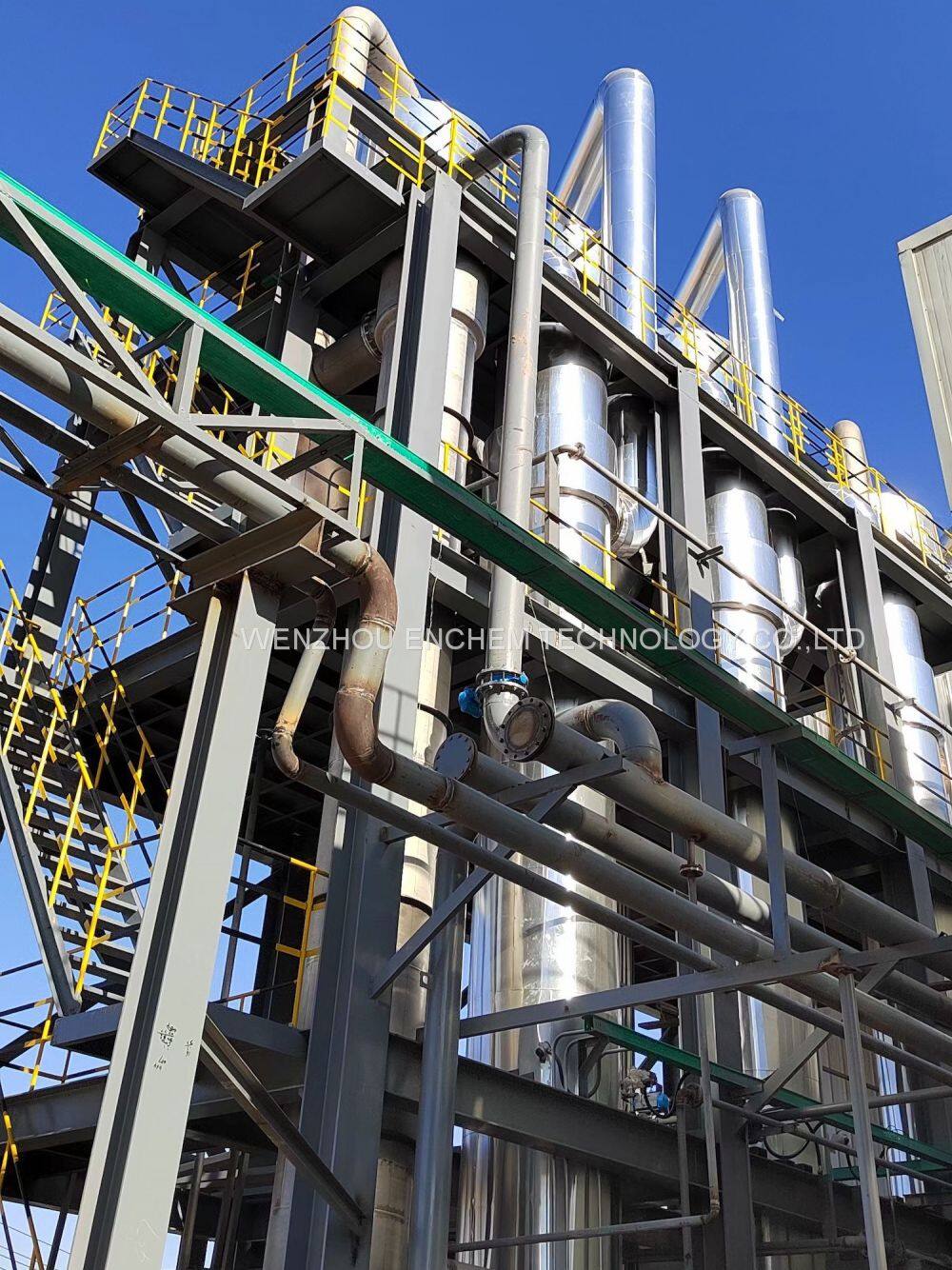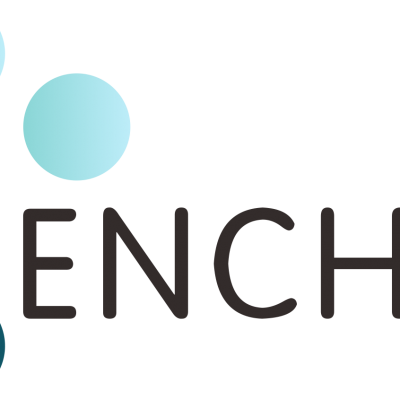Home > Company News > Material Selection Considerations For Evaporator Systems in Industrial Applications
Company News

Abstract
The efficiency and longevity of evaporator in industrial applications are significantly influenced by the selection of appropriate construction materials. This paper discusses the critical factors that must be considered during the material selection process for evaporator systems, including corrosion resistance, temperature tolerance, mechanical strength, and cost-effectiveness. And the materials commonly used for evaporators include titanium, duplex stainless steel 2205, stainless steel SS316L and SS304, and other metal materials.
IntroductionEvaporators are crucial in various industries, including chemical processing, wastewater treatment, and food and beverage manufacturing, to concentrate substances or reclaim solvents by evaporation. The selection of materials for evaporator construction has profound implications for the systemâs performance, maintenance, and operational lifespan. The ideal material must withstand the specific chemical, thermal, and mechanical challenges of the application while being economically feasible.
Analysis of Common-used Materials1. Titanium
Titanium is a metal material with good corrosion resistance. Its properties depend on the content of impurities such as carbon, nitrogen, hydrogen, and oxygen. Purified titanium iodide has an impurity content of no more than 0.1%, but it has low strength and high plasticity. The properties of 99.5% industrial pure titanium are: density Ï = 4.5 g/cm³, melting point 1725°C, thermal conductivity λ = 15.24 W/(m.K), tensile strength Ïb = 539 MPa, elongation δ = 25%, sectional shrinkage ratio Ï = 25%, elastic modulus E = 1.078Ã10^5 MPa, and hardness HB195. The advantage of titanium alloys is that they are lightweight and corrosion-resistant, and some are suitable for high temperatures.
2. Duplex Steel 2205
The duplex stainless steel 2205 alloy consists of 21% chromium, 2.5% molybdenum, and 4.5% nickel nitrogen alloy. It has high strength, good toughness against impact, and good overall and localized resistance to stress corrosion. The yield strength of duplex stainless steel 2205 is twice that of austenitic stainless steel. This characteristic allows designers to reduce the weight of equipment, giving this alloy a price advantage over SS316. This alloy is particularly suitable for a temperature range of -50°F/ 600°F. Beyond this temperature range, this alloy may also be considered, but there are limitations, especially when used in welded structures.
3.Stainless Steel SS316L
Stainless steel SS316L has a wide range of applications in the chemical industry due to its excellent corrosion resistance. SS316L is derived from the 18-8 type austenitic stainless steel, with the addition of 2â3% Mo element. SS316 has better corrosion resistance than SS304 and especially at high temperatures.
4.Stainless steel SS304
Stainless steel SS304 is a common material in stainless steel with a density of 7.93 g/cm3, and can withstand high temperatures up to 800°C. It has good processability, high toughness, and is widely used in the industrial and furniture decoration industry and the food and medical industry.
Material Selection Guidelines1.For calcium chloride, sodium chloride, ammonium chloride, magnesium chloride, potassium chloride, and chlorine ion content exceeding 150ppm, it is suggested to use titanium.
2.In case of sulfates, eg. manganese sulfate, ammonium sulfate, nickel sulfate and etc, duplex stainless steel 2205 is suggested;
3.For manganese sulfate, ammonium sulfate, sodium hypophosphite, magnesium sulfate, nickel sulfate, sodium nitrate, zinc sulfate, sodium bisulfite, landfill leachate, etc., 316L can be chosen.
4.In case of sodium carbonate, sodium sulfate, sodium bisulfite, food, traditional Chinese medicine, milk, starch, monosodium glutamate, etc., SS304 can be used
ConclusionSelecting the right material for an evaporator system is a complex decision that directly impacts the systemâs efficiency, durability, and overall cost. By understanding the specific requirements of the application and evaluating the properties of potential materials, engineers can make informed decisions that optimize the performance and value of the system. If you have any equipment selection issues, please feel free to contact us.

-
Laboratory Chemical Automatic Lifting Vacuum Rotary Evaporator
-
Digital Temperature Control Laboratory Rotary Evaporator Kit Set
-
Lab Distilling Machine Automatic Lifting Small Rotary Evaporator
-
Rotovap Extractor Distillation Vacuum Laboratory Rotary Evaporator
-
Ammonium Chloride Evaporation & Crystallization Project Completed with DMF Distillation
-
China Factory essential oil extractor essential oil distiller
-
Genyond essential oil distiller essential oil extraction supercritical extractor
-
GENYOND distillation rose essential oil extracting machine extraction maker equipment
-
CHINA Factory steam distiller for lavender essential oil extraction with logo
-
10% cut off essential aromatic oils distiller prices
-
Professional solar distiller Factory price
-
High quality steam vacuum distiller for sale
-
Professional essential oil still Factory price
-
Factory Directly sandalwood essential oil distiller original and new
-
High quality vapor compression distiller for sale
-
Factory Directly essential oil steam distillation apparatus Original and New
-
High quality short path distillation equipment for sale
-
High oil yield frankincense essential extract machine Original and New
-
Factory directly essential oil steam distillation gas machinery Original and New
-
Factory directly steam essential oil distiller unit for
-
Factory directly honey extraction machine with manufacturer
-
High oil yield herbs ethanol alcohol extractor equipment extraction filtering concentration machine for essential essence
-
Factory directly plants essential oil distiller on sale Original and New
-
Factory directly thyme essential oil distillation equipment price



